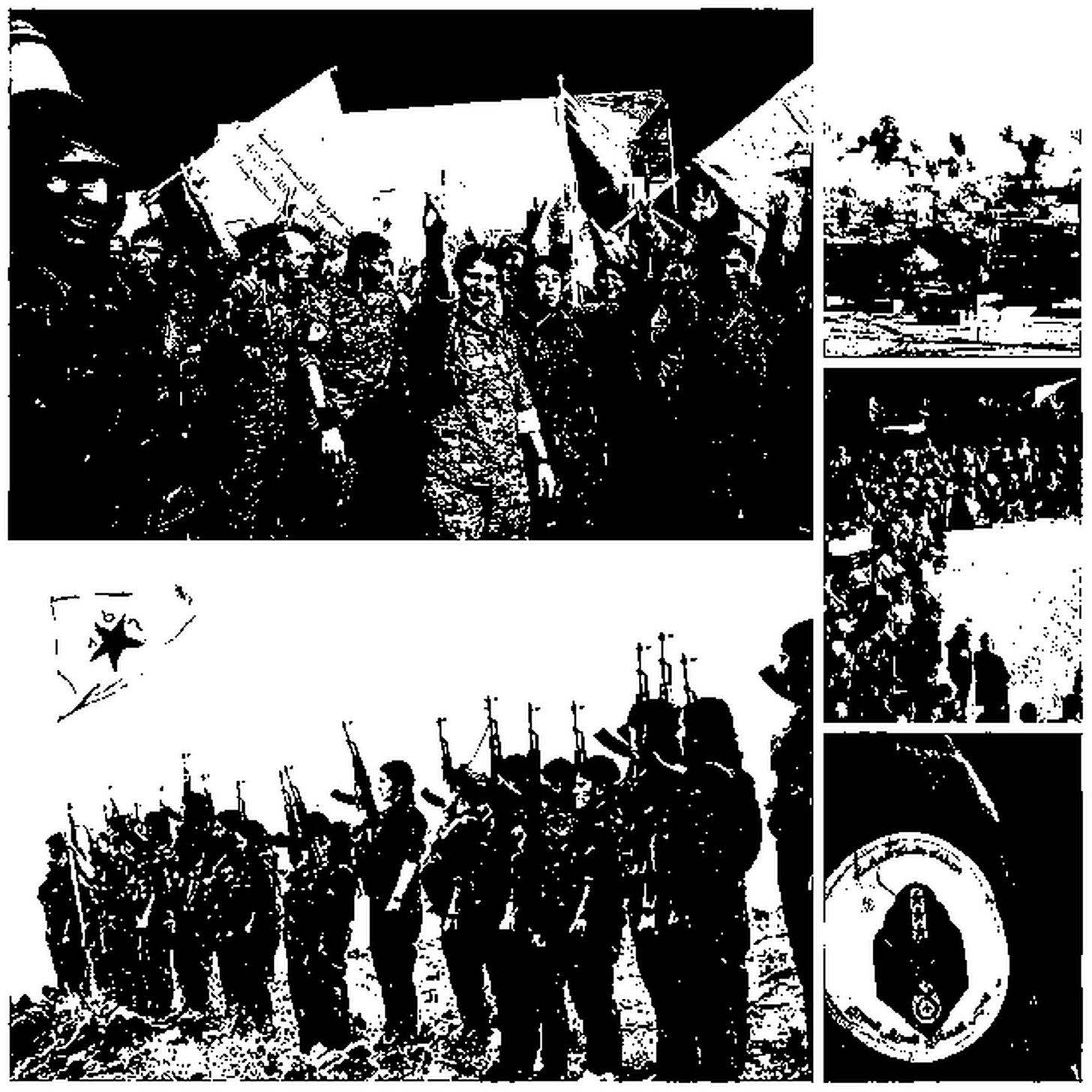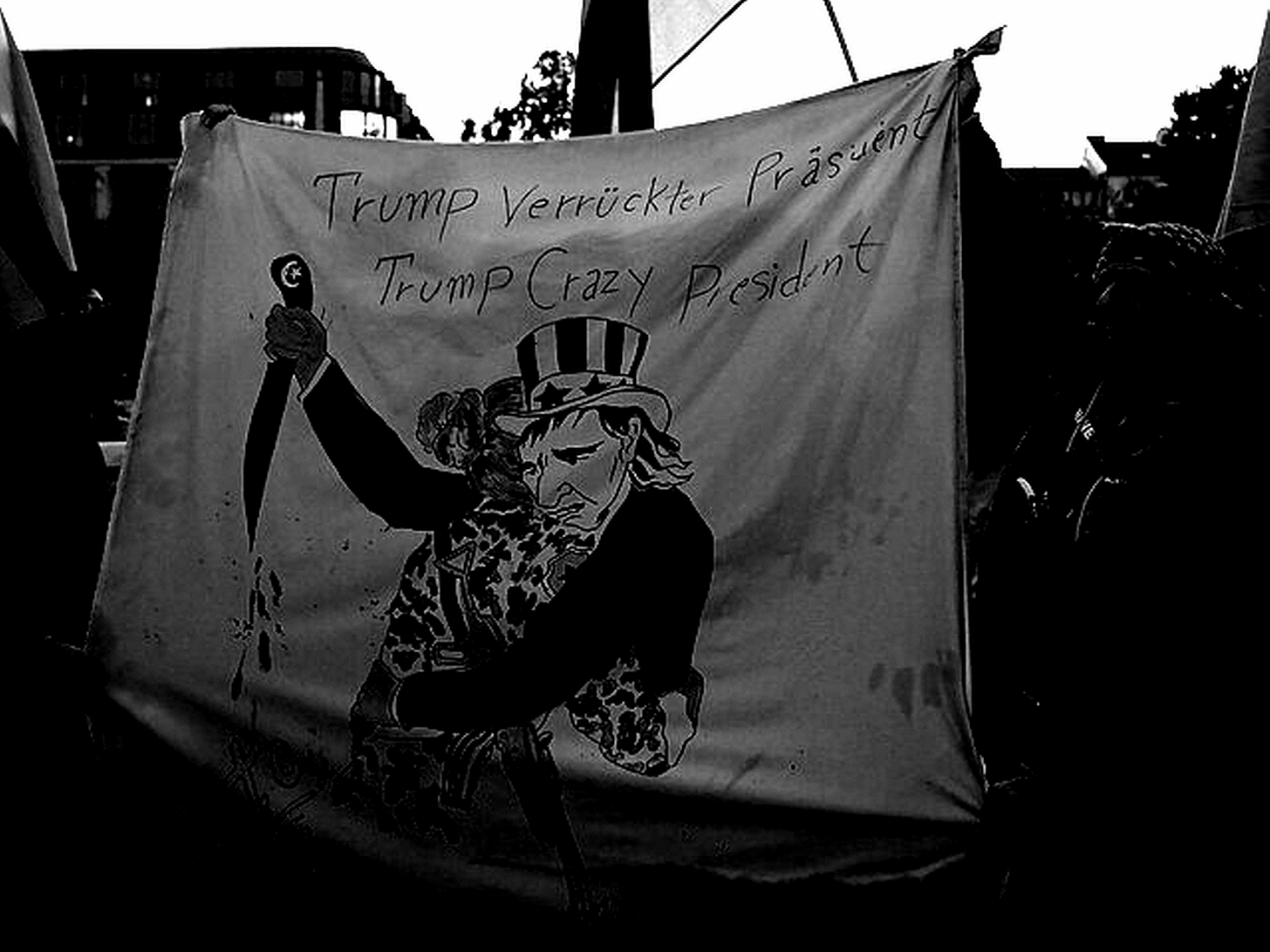Kurdistan: A promise kept
(Originally submitted for the NUJ/Orwell Young Journalist Prize 2024, 'Column' category)
A pluralist society, with a written constitution, charting ‘freedom, justice, dignity and democracy’ as its mantra, its legislature recently consenting to a social revolution guided by feminist, ecological, and anti-racist reform of its institutions, employing a secular judiciary and free press, while militarily involved in a fight against reactionary zealots and for the protection of the vulnerable and refugee. This society exists, and it is not to be found in America, nor Europe, nor the ‘West’. This society is Rojava.
The region, officially knwon as the Autonomous Administration of North and East Syria (AANES), is located in what is informally referred to as Kurdistan. ‘Informally’, because Kurdistan is not a state but a conglomerate of predominantly Kurdish-speaking societies stretching from Eastern Turkey to Western Iran.
Along with the Iraqi Kurdistan Region, the AANES is one of the only autonomous authorities in the Middle East beholden to a secular-democratic model of government. Throughout the 2010s, aided by Western powers, these regional governments have been engaged in the creation of a progressive civilisation, all the while holding the frontlines against some of the most oppressive, terroristic regimes in the world (Al Assad’s Syria, the Wagner Group, Daesh and others).
Weighing up, on the one hand, the Kurdish fight for autonomy against, on the other, the attention this struggle has earned in Washington, London, and Brussels – that is, speaking proportionally – the Kurdish question is perhaps the most criminally underrepresented struggle for democracy in the modern world.

Attention on the Kurds has been shed by various Western factions for various reasons. There are the expedient causes (such as the younger fight for Palestinian Statehood gaining precedence) as well as the obfuscatory (for instance, that oft-repeated euphemism that Israel is in fact the ‘only democracy’ in the Middle East).
The acme of betrayal (it has matured beyond ignorance) came via the Trump administration’s withdrawing of US forces from Kurdish-controlled Syria in 2019. Local leaders were rightfully outraged, not only because their battalions were struggling to maintain the imprisonment of disproportionally Western-born terrorists, but more pressingly, as they could foresee, because of Erdogan’s invading vacuumed territory according to ‘convenience’.
Despite the duplicity of Trump and the authoritarian right, the liberal international order is also implicated in continual backstabbing of the Kurds. It is depressing to note, for example, a recent and traitorous deal shoring up NATO in return for deporting a number of Kurdish expats to Turkey (something the Home Office otherwise proscribes the UK government doing to Turkish Kurds, on the grounds that Erdogan’s regime is ‘not safe’ for political exiles).
Nevertheless, perhaps most shameful of all factions are those who have no excuses; those who ought to be defending the Kurds, and yet do little to nothing. Trump’s withdrawal accords with his isolationist principles, and Putin’s invasion of Ukraine can go some distance in justifying liberals re-prioritising their foreign policy objectives in the last decade. What cannot be so easily defended is the fact that, with no discernible opportunity cost, democrats fail to champion Kurdish democracy, despite (or perhaps curiously because) their own governments are complicit in fermenting its destruction.
What democrats of the 2020s are lacking most deeply is internationalism, one that could (even just conceptually) incorporate the Kurdish struggle alongside others which demand attention (Ukraine, Palestine, Myanmar, Sudan, Hong Kong, etc.). It speaks to the ideological embrittlement of American and west-European ‘progressives’, whose internal Overton window includes a pane excluding any view other than axiomatic disdain for supporting foreign military struggles.
Precisely because of this timidity, we cannot afford to harbour pessimism or masochism in regard to our relationship with the Kurds, despite the recent spate of backstabbings. In order to betray, one must have been an ally. Though our governments have thwarted the AANES and the other progressive societies in the region, we ought to take forward the example of how our governments once nurtured their causes and are thus capable of reproducing this solidarity again. Far from depressing, there is an optimistic mandate to support Kurdistan since its struggle reciprocates our own desired values. The Social Contract of the AANES invokes this very promise: ‘Together, we resisted against tyranny, betrayal, and extremism, and we rejected all types of nationalist, religious, gender and secular fanaticism. Our adoption of the principle of the democratic nation strengthened our national unity, gave us strength in the face of our enemies and became hope for our friends.’ While we may still count ourselves as friends, let us receive this offer.
¹ ‘Rojava Collage’ via Wikimedia Commons, Creative Commons Zero, Public Domain Dedication. User: Heviyane.
² ‘Rojava solidarity demonstration Berlin 2019-10-10 09’ via Wikimedia Commons, Creative Commons Zero, Public Domain Dedication. User: Leonhard Lenz.


